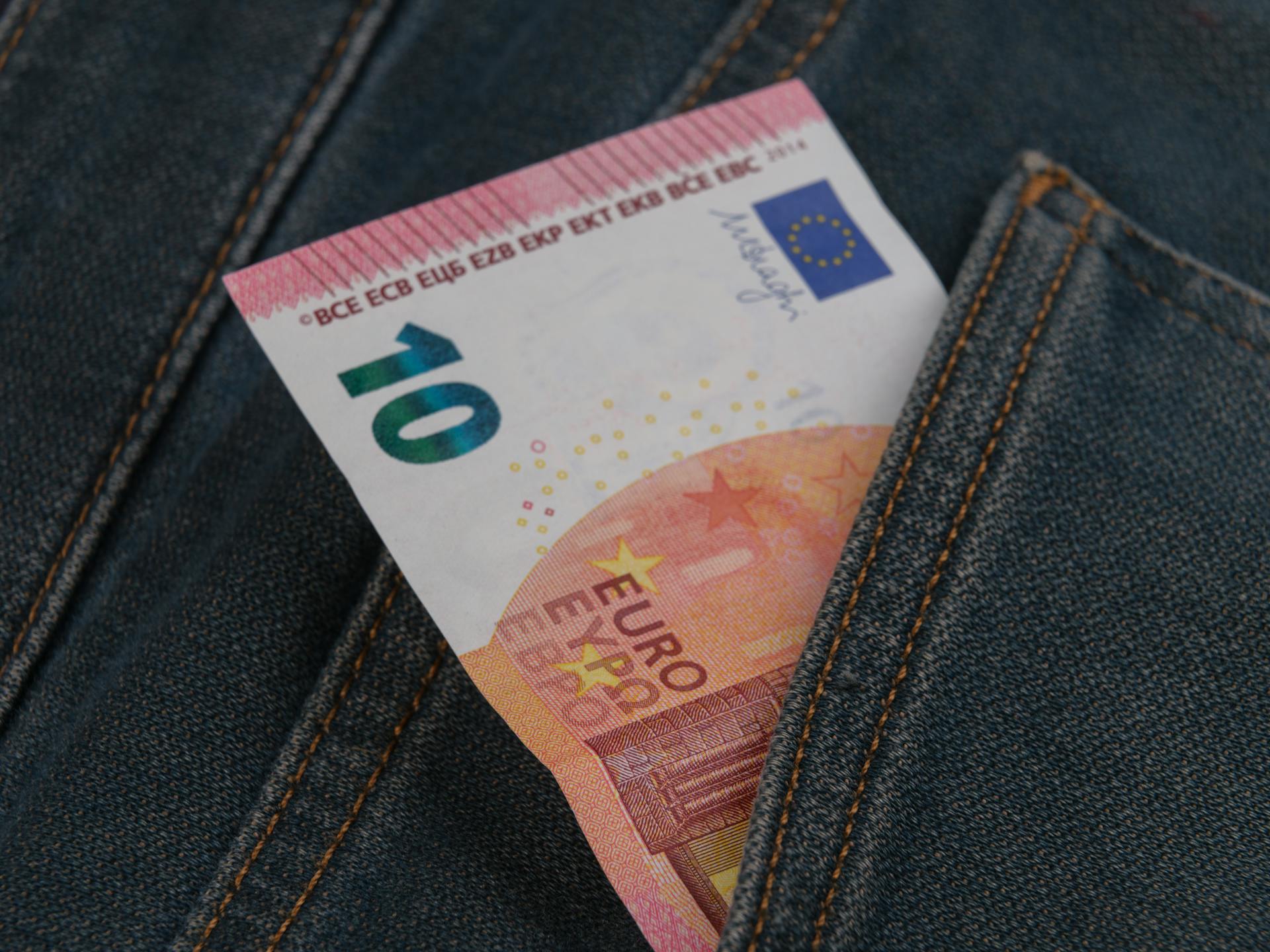Cyprus has the most generous personal income tax break in the European Union, sparing the first €19,500 of earnings from tax.
That cushion, higher than anywhere else in the bloc, helps explain why the island is often seen as a low-tax destination.
The figure was included in a study prepared for parliament after Akel MP Giorgos Loukaides asked how Cyprus compares with its European peers.
Twenty-two member states shared information through the European Centre for Parliamentary Research and Documentation, though Denmark, Ireland, Italy and Malta declined to respond.
What the findings make clear is that Europe does not follow a single model.
Northern countries such as Finland, Sweden and Germany stick with steeply progressive scales designed to redistribute wealth, while others, Bulgaria, Estonia, Hungary and Romania among them, rely on flat taxes that are simple to administer and pitched as investor-friendly.
Finland taxes the highest earners at almost 60 per cent, Austria at 55 per cent and Sweden at just over 52 per cent. France comes close at 49 per cent once surcharges are added.
At the other end, Bulgaria and Romania charge a flat 10 per cent and Hungary 15 per cent. Cyprus is closer to this camp, with its top rate of 35 per cent on income above €60,000.
Cyprus leads with €19,500 tax-free, followed by Austria at €12,816 and Belgium at €10,910. Lithuania offers less than €9,000, while Estonia links its allowance to age, giving pensioners more.
France takes a different route with its quotient familial, adjusting tax bills according to household size, though caps limit how much high earners can benefit.
Greece also stands apart, offering no basic allowance at all but instead credits that rise with the number of dependants.
Elsewhere, the tax code doubles as social policy. Croatia exempts workers under 25, while Hungary goes much further, granting mothers of four or more children a lifetime exemption and women under 30 a full relief in their early careers.
Slovenia and the Czech Republic allow extra deductions for large families or the disabled, while Luxembourg provides special rules for expatriates returning home, including relief on relocation costs.
Beyond wages, countries diverge in how they treat income from capital. Slovakia levies just 7 per cent, Hungary 15 per cent, while in Spain and Austria the rate exceeds 27 per cent.
Germany and Latvia vary their rates depending on the source of income, creating more complexity but also more progressivity.
Most countries allow relief for pension contributions, mortgage interest and charitable donations. Belgium exempts part of dividend income.
France and Spain add credits for childcare or teleworking, while the Netherlands goes so far as to recognise certain diets as deductible – an unusual marriage of lifestyle and tax relief.
It is no surprise, then, that international rankings differ. Estonia and Latvia are rated the most competitive in the EU, thanks to flat rates, broad bases and rules that delay corporate taxation until profits are distributed.
France and Italy fall to the bottom of the table, weighed down by narrow tax bases and dense layers of exemptions.
According to the European Commission’s latest report, the richest one per cent of EU citizens now hold nearly a quarter of total wealth.
That imbalance has pushed governments to consider tougher measures, from Spain’s net wealth levy to property and luxury taxes in Belgium and France, alongside inheritance and gift duties.
For Cyprus, the structure remains simple: no tax up to €19,500, then four brackets at 20, 25, 30 and 35 per cent.
Dividends, interest and capital gains are exempt, while deductions cover social insurance contributions, life premiums, union fees, donations and part of rental income.
Finally, expats and returnees enjoy targeted relief depending on income and years of residence, and losses can be carried forward for five years.






Click here to change your cookie preferences